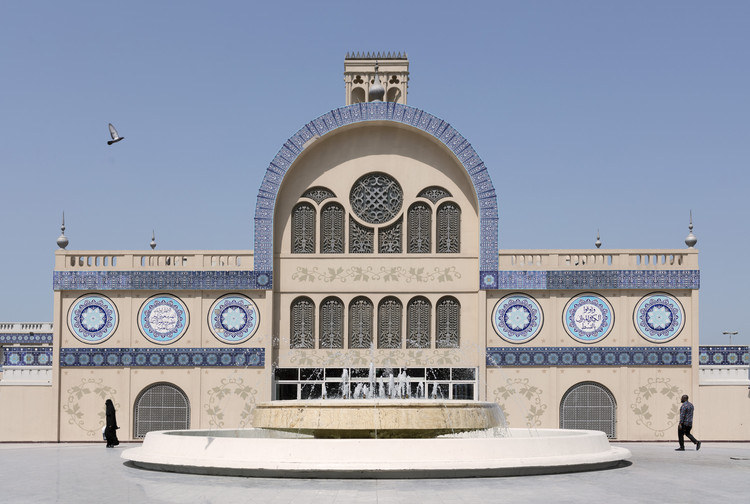
Harvard University Graduate School of Design (Harvard GSD) has announced Marina Otero as the winner of the 2022 Wheelwright Prize. The 100,000 USD grant funds two years of research and travel to support contemporary architecture's investigative approaches, with an emphasis on globally minded research. The winning proposal, “Future Storage: Architectures to Host the Metaverse”, examines a new architecture paradigm for storing digital data. The project looks at how reimagining digital infrastructures could provide answers to the unprecedented demands facing the world today. The field research, data collection, and prototype development will result in an open-source manual for data center architecture design containing examples of ecological, circular, and egalitarian data storage models.

















